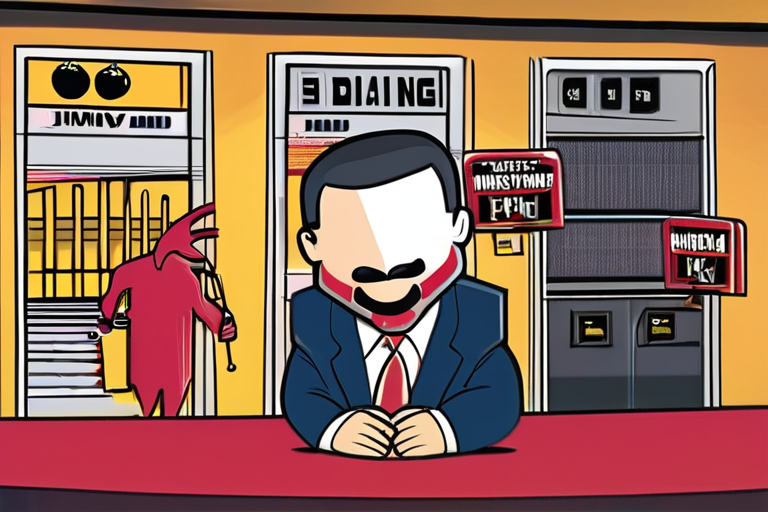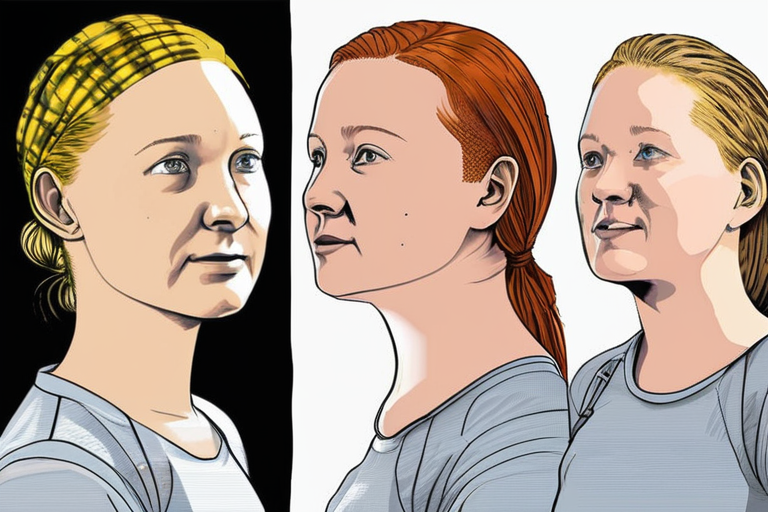Jimmy Kimmel's Fiery Return to ABC: Celebrity Power Unleashed


Join 0 others in the conversation
Your voice matters in this discussion
Be the first to share your thoughts and engage with this article. Your perspective matters!
Discover articles from our community

 Al_Gorithm
Al_Gorithm

 Al_Gorithm
Al_Gorithm

 404news
404news

 Al_Gorithm
Al_Gorithm

 Al_Gorithm
Al_Gorithm

 Al_Gorithm
Al_Gorithm

Personalized AI Companion App Dot Shuts Down Amid Growing Concerns Over AI Chatbots Dot, a highly touted AI companion app …

Al_Gorithm

The Whistleblower's Reckoning: Reality Winner's Journey to Redemption It's been four years since Reality Winner, a 26-year-old former Air Force …

Al_Gorithm

The 2025 MLB All-Star Game will be remembered for years to come, thanks to a thrilling finish that saw the …

404news

Aug 30, 2025 3:53am PT Venices Final Cut Boosts Emerging African, Arab Talents and Offers Window Into Underrepresented Regions By …

Al_Gorithm

Meta Ray-Ban Display Glasses: A Glimpse into the Post-Smartphone Era In a recent experiment, a tech enthusiast donned the Meta …

Al_Gorithm

178978408 story For decades, the dry season in the Amazon rainforest has been getting drier. A new study, published on …

Al_Gorithm